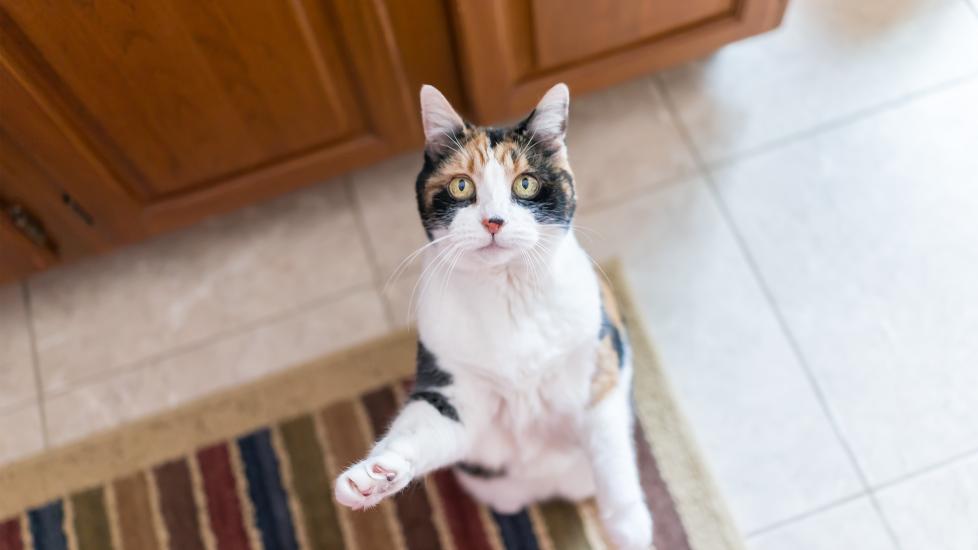 Certainly, I can assist you with writing a comprehensive article on the topic of whether cats can eat garlic. However, before diving into the details, it’s crucial to emphasize that while pets are an integral part of our lives and often considered members of the family, their dietary needs differ significantly from those of humans. It is essential always to consult with a veterinarian or a professional animal nutritionist for personalized advice regarding your pet’s diet.
Certainly, I can assist you with writing a comprehensive article on the topic of whether cats can eat garlic. However, before diving into the details, it’s crucial to emphasize that while pets are an integral part of our lives and often considered members of the family, their dietary needs differ significantly from those of humans. It is essential always to consult with a veterinarian or a professional animal nutritionist for personalized advice regarding your pet’s diet.
The Mystical Aroma: Understanding Garlic
Garlic, known for its pungent aroma and strong flavor, has been used in culinary traditions worldwide for centuries due to its health benefits and ability to add depth to dishes. Rich in sulfur compounds like allicin, which gives it its distinct taste and smell, garlic is believed to have antibacterial, antifungal, and antiviral properties. These attributes make it a common ingredient in human cooking and natural remedies.
Pet Nutrition Basics
When considering feeding any food item to animals, especially those not typically found in commercial pet foods, understanding the basic principles of pet nutrition is vital. Cats are obligate carnivores, meaning they require meat-based proteins for optimal health. Their digestive systems are designed to process high-quality protein sources rather than plant-based ingredients such as grains or vegetables.
Investigating Cat Diets
Commercial cat foods are formulated by experts to provide balanced nutrients tailored to feline nutritional requirements. They include various vitamins, minerals, fats, carbohydrates, and proteins necessary for a cat’s well-being. While some owners might be tempted to share human foods with their pets, doing so without proper knowledge could lead to severe consequences.
Exploring Potential Risks
Feeding garlic to cats poses several risks due to the unique physiology of these creatures. Here are some key points to consider:
-
Sulfur Compounds: The same sulfur compounds that give garlic its medicinal qualities can also damage red blood cells in cats, potentially leading to Heinz body anemia. This condition occurs when there are abnormalities in the hemoglobin molecules within the red blood cells, reducing their ability to carry oxygen efficiently throughout the body.
-
Oxidative Stress: Garlic consumption may induce oxidative stress in cats, which can harm organs and tissues through the production of free radicals. Free radicals are unstable atoms or molecules that can cause cell damage if not neutralized by antioxidants.
-
Digestive Issues: Like many other human foods, garlic can upset a cat’s delicate digestion system, causing gastrointestinal distress, vomiting, diarrhea, and loss of appetite.
-
Allergies: Some cats may develop allergies to garlic just as they can to any other food. Allergic reactions can range from mild skin irritation to more serious symptoms affecting multiple organ systems.
-
Taste Preferences: Many cats find the strong odor of garlic unpleasant and would likely reject it altogether. Even if consumed occasionally, it does not offer enough nutritional value to justify the potential risk.
Conclusion
In conclusion, given the potential dangers associated with garlic ingestion by cats, it is strongly advised against including this herbaceous bulb in their diets under any circumstances. Instead, focus on providing them with nutritionally complete and balanced meals according to veterinary recommendations. Always remember that prevention is key; steering clear of off-menu items ensures the longevity and happiness of our beloved feline companions.
